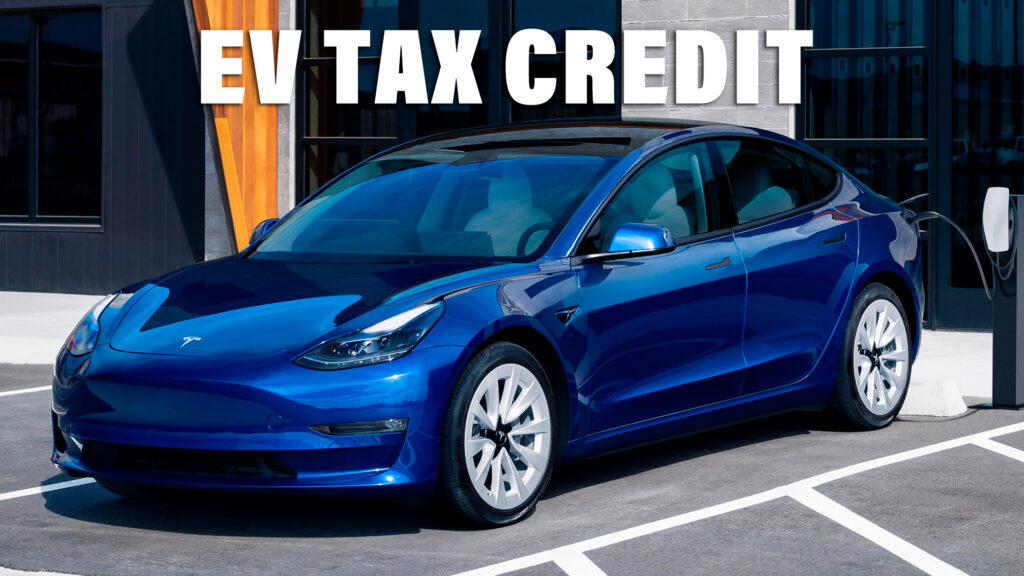Those looking to pick up the keys to the cheapest of Tesla Model 3 variants will soon have to cough up an extra $7,500 after it becomes ineligible for the federal EV tax credit.
Under the revised federal tax credit scheme introduced through the Inflation Reduction Act, electric vehicles need to be manufactured in North America, must be fitted with batteries that are built in North America, and have materials sourced from countries with free trade agreements with the U.S.
Final guidance on these requirements was not released in time for the tax credit’s introduction at the start of January so the requirements were waived until the second quarter. With April fast approaching, Tesla recently informed its employees that it expects the Model 3 Standard Range to no longer be eligible for any of the federal tax credits, Benzinga reports.

The reason for this is simple. While the Model 3 Standard Range is built at the automaker’s factory in Fremont, California, its battery pack uses LFP cells that are manufactured in China.
Interestingly, it is only the Model 3 Standard Range that will be impacted once the Internal Revenue Service (IRS) finalizes the guidance for EV tax credit eligibility. All other variants of the Model 3, as well as the Model Y SUV, that are sold in the U.S., are built locally and use battery cells manufactured by Tesla and Panasonic in California and Texas.
Read: Tesla Model 3 Bursts Into Flames From Inside While Driving On The Road
Sales data from January released by Experian earlier this month revealed that the top eight EV models sold were all manufactured in North America and led by the Model Y with 28,833 registrations and the Model 3 with 17,526 registrations. Tesla continues to dominate the EV market but its market share did fall from 74 percent in January 2022 to 57 percent in January this year.




